In her graduation thesis, Tran Ly Phuong Hoa, a fourth-year student at the Faculty of Tourism, Ho Chi Minh City University of Economics, created a board game about Vietnamese culture and used the product itself as the research subject.
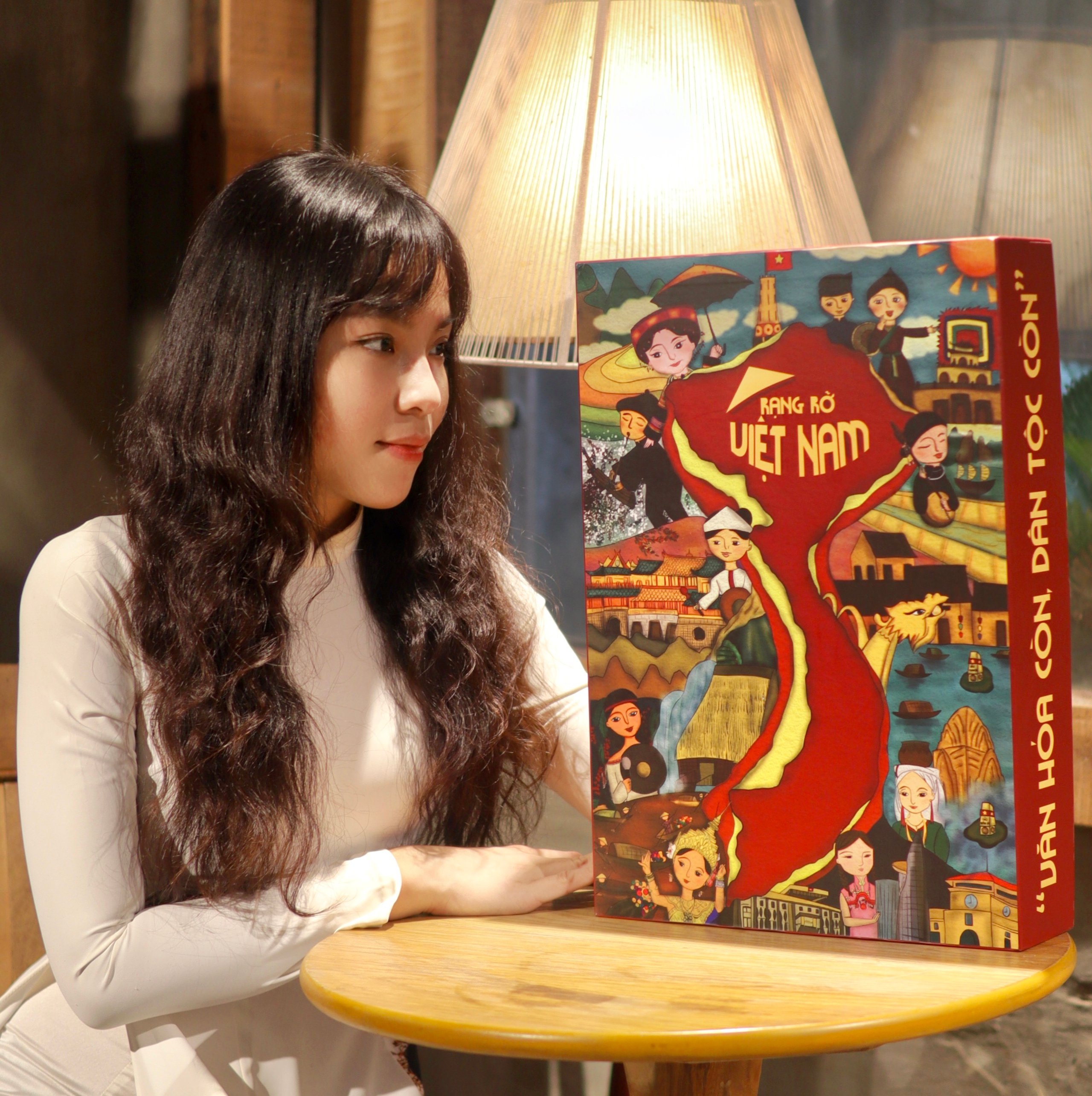
Tran Ly Phuong Hoa is the project leader of Radiant Vietnam, directly involved in producing board games for her thesis.
Applying theory to build rules of the game
The cultural board game called Radiant Vietnam is the main research subject of student Phuong Hoa's graduation thesis. The topic focuses on researching and providing solutions to the duplication and lack of attractiveness of tourism products in Vietnam.
“The research results show that the factor that makes tourists decide to buy souvenirs lies in the reflection of the cultural identity of the tourist destination. Therefore, I propose developing a board game associated with Vietnamese culture and heritage. To have a research subject, I designed and produced Rang ro Viet Nam and surveyed the product, collected players' opinions, and then evaluated the product in the topic,” Hoa presented.
When creating the content and rules for the game, Phuong Hoa applied the flow theory of author Mihaly Csikszentmihalyi (1990). This theory states that flow is a state in which the player is so absorbed in the activity that he or she is not concerned with the things around him or her.
“Based on the theory, I designed the game’s tempo to fully immerse the players in the game. The flow state helps optimize the game experience and arouse interest in Vietnamese culture and heritage,” the student said.
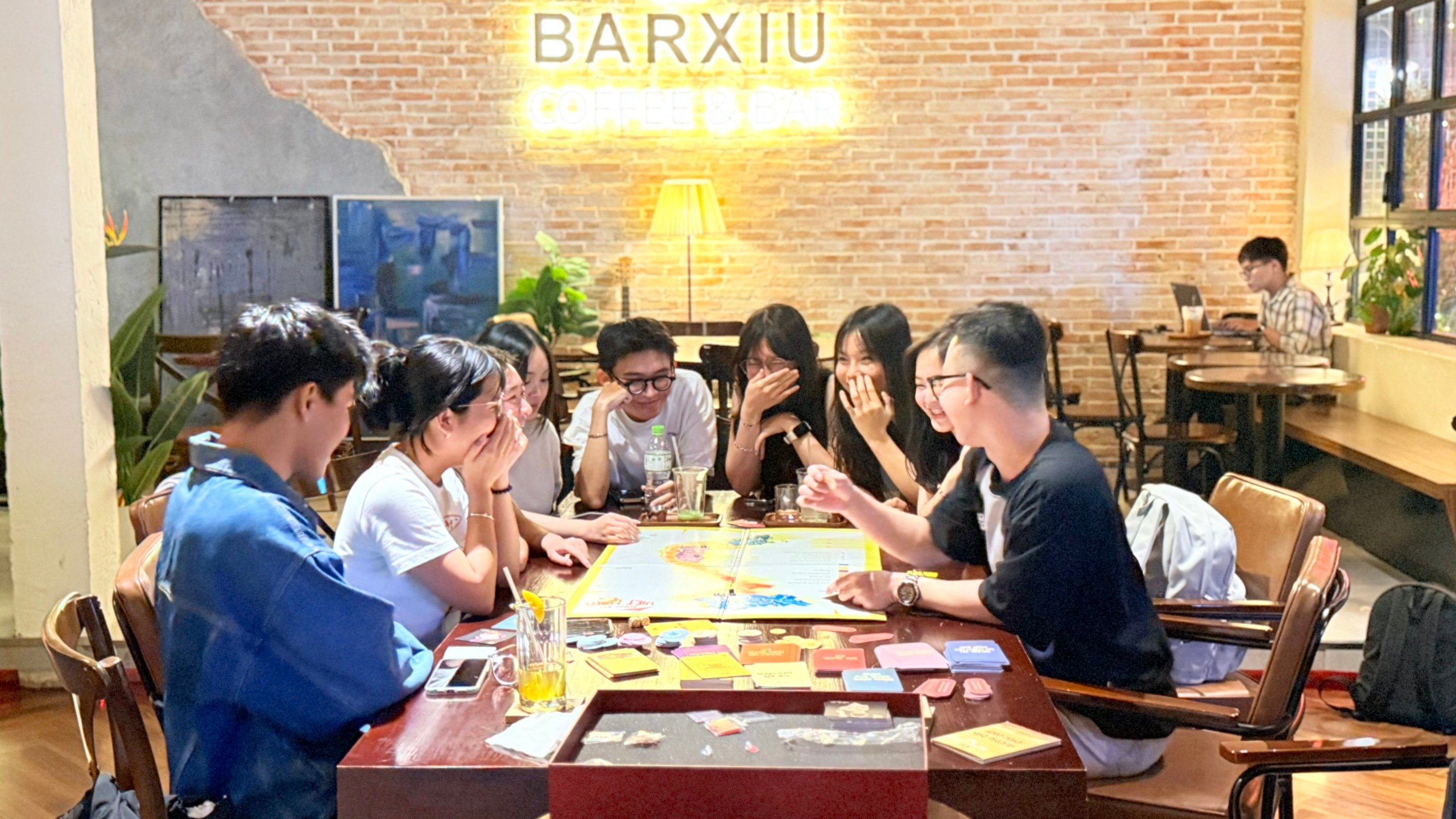
Volunteers participate in playtesting and contributing ideas to the board game
In the board game, Vietnamese culture and heritage are depicted in cards, instruction books, etc. Phuong Hoa said: “I synthesize and select information from official sources such as the Ministry of Culture, Sports and Tourism or the Vietnam Museum of Ethnology. In addition, I also directly sketched the drawings for the board game, including images of 54 ethnic groups and the cover of the game set.” Hoa added that players can read more information by scanning the QR code on the card, or accessing the board game website.
From March, Phuong Hoa began to research the theory related to the topic. Three months later, Hoa entered the board game production phase, including design, printing the product, creating a website; then surveyed the players and completed the thesis report in October. According to the female student, different problems arose during the board game implementation process.
“In the graphic design phase for the product, my teammates and I encountered problems almost every day. We had to spend time detecting and fixing errors in the design files such as corrupted files, missing files, incorrect files, etc. Another difficulty was the financial barrier due to high production costs and strict technical requirements,” Hoa confided.
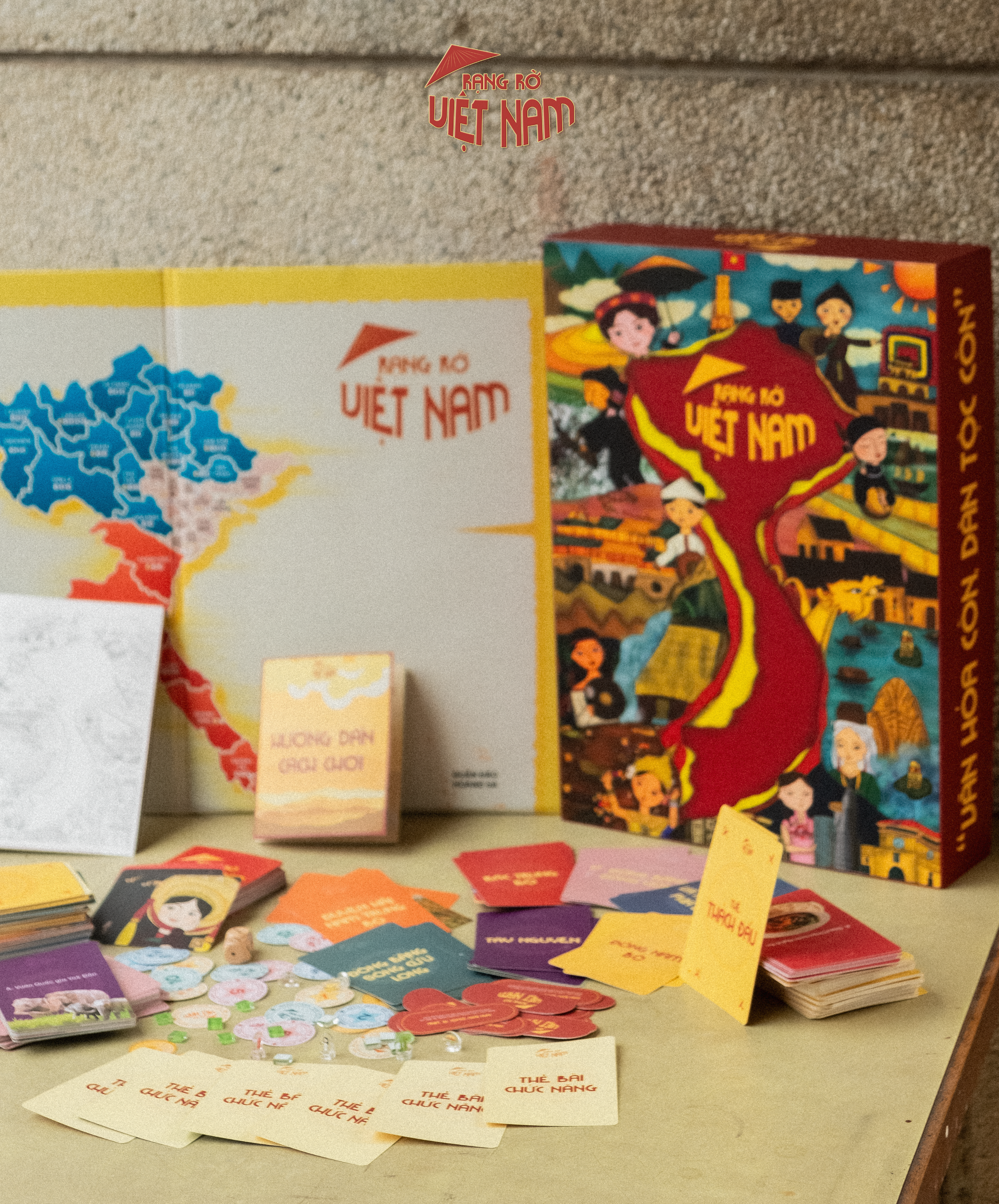
Phuong Hoa is in the process of registering copyright for the product Radiant Vietnam.
Play board games while learning about Vietnamese culture
Master Le Hong Tran, lecturer of the Faculty of Tourism, School of Business (University of Economics, Ho Chi Minh City), commented that board games with Vietnamese cultural elements rarely appear on the market. “Although board games are not rare products on the market, the game sets often focus on Japanese or Western culture, and rarely exploit Vietnamese culture,” said Master Tran.
Agreeing, Mr. Nguyen Hoang Viet, board game consultant of the project Radiant Vietnam, also said: "Board games that aim to learn cultural knowledge are rare in the Vietnamese market, even though board games have appeared in Vietnam for a long time in forms such as Chinese checkers and horse racing."
According to Mr. Viet, to produce a quality board game, the creator needs to think about the goal and design the rules to bring excitement to the participants. In the case of Rang toc Viet Nam, Mr. Viet commented that the rules are designed to suit the goal of popularizing cultural knowledge.
“This is a learning game, participants play, learn and immediately know the knowledge. In addition, the game has challenges that promote the motivation to learn information. For example, in the 'challenge' situation of the game, participants must answer correctly or else they will be punished. Because they do not want to lose, players will try to remember more to answer correctly,” said Mr. Viet.
Regarding Phuong Hoa's thesis, Master Tran said that the topic has an unprecedented scale in student courses. "The highlight in Hoa's approach is to solve the shortage of board game products associated with Vietnamese culture, meeting the need to learn about culture of young people. This is a convincing reason for the faculty to allow it to be implemented as a graduation thesis. From a research perspective, Phuong Hoa's thesis is scientific, has evidence and is practical," Master Tran commented.
Source: https://thanhnien.vn/sinh-vien-sang-tao-board-game-ve-van-hoa-viet-nam-mot-san-pham-du-lich-185241124153354328.htm




![[Photo] Prime Minister Pham Minh Chinh launched a peak emulation campaign to achieve achievements in celebration of the 14th National Party Congress](https://vphoto.vietnam.vn/thumb/1200x675/vietnam/resource/IMAGE/2025/10/5/8869ec5cdbc740f58fbf2ae73f065076)




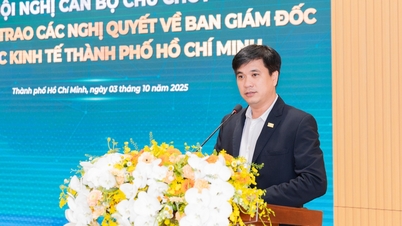









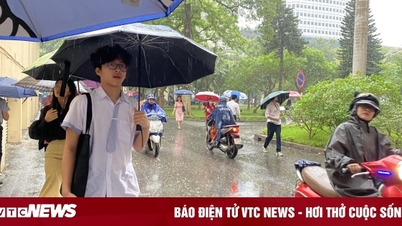
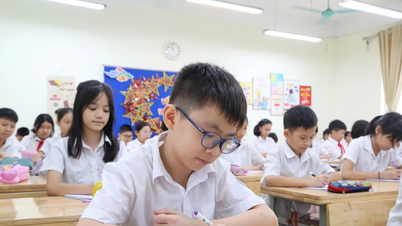



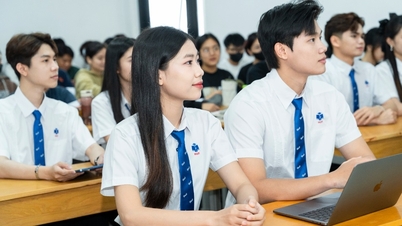
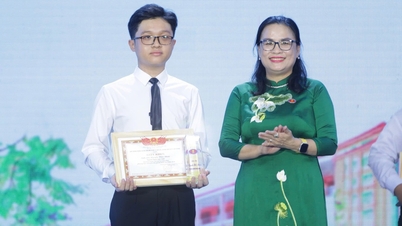









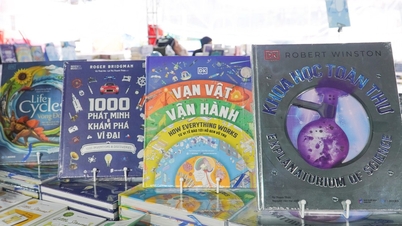
![[Photo] Bustling Mid-Autumn Festival at the Museum of Ethnology](https://vphoto.vietnam.vn/thumb/1200x675/vietnam/resource/IMAGE/2025/10/4/da8d5927734d4ca58e3eced14bc435a3)
























![[VIDEO] Summary of Petrovietnam's 50th Anniversary Ceremony](https://vphoto.vietnam.vn/thumb/402x226/vietnam/resource/IMAGE/2025/10/4/abe133bdb8114793a16d4fe3e5bd0f12)

![[VIDEO] GENERAL SECRETARY TO LAM AWARDS PETROVIETNAM 8 GOLDEN WORDS: "PIONEER - EXCELLENT - SUSTAINABLE - GLOBAL"](https://vphoto.vietnam.vn/thumb/402x226/vietnam/resource/IMAGE/2025/7/23/c2fdb48863e846cfa9fb8e6ea9cf44e7)












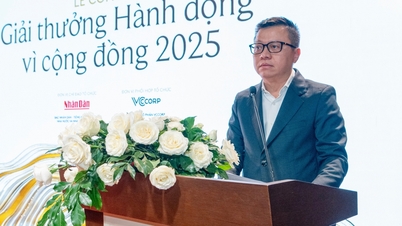


















Comment (0)